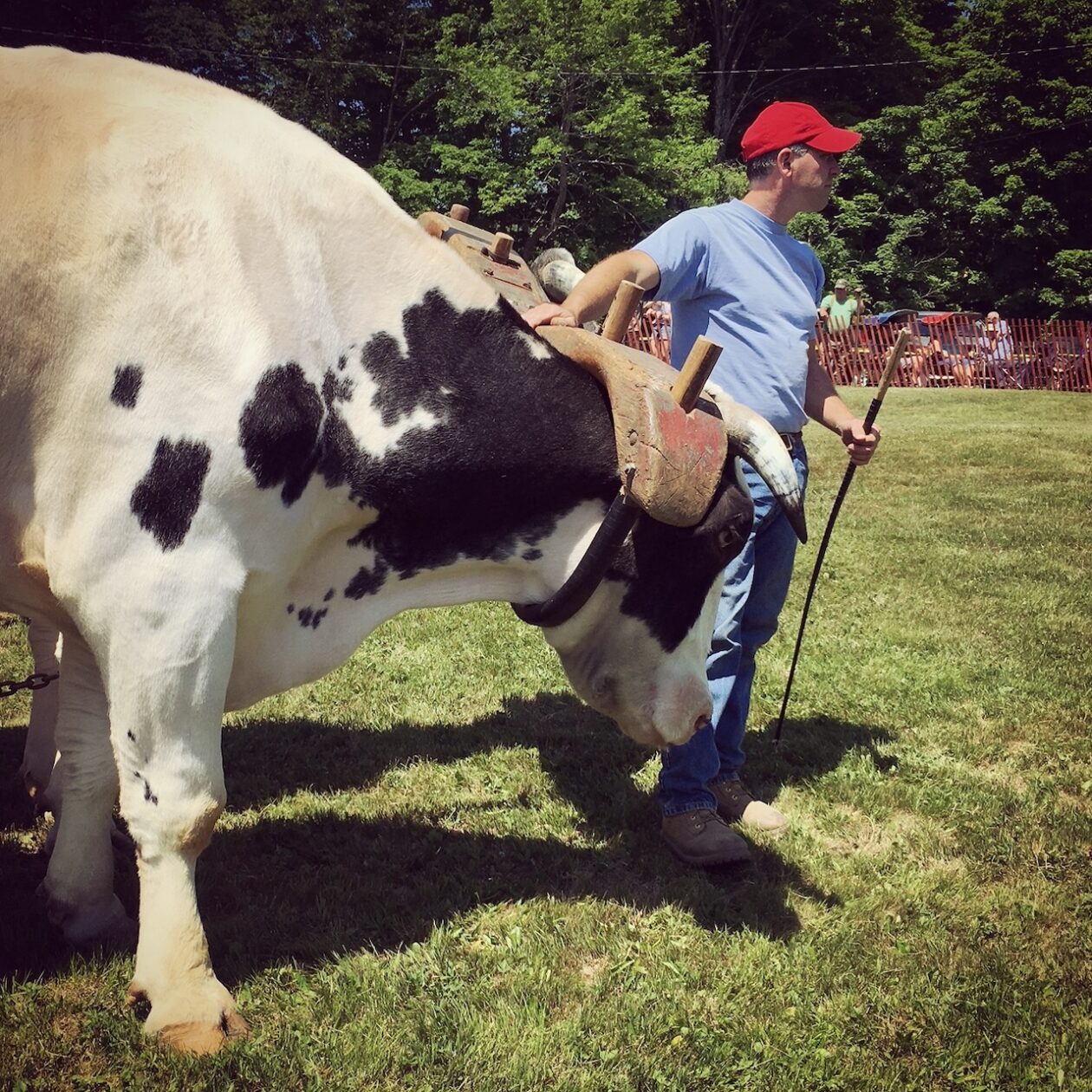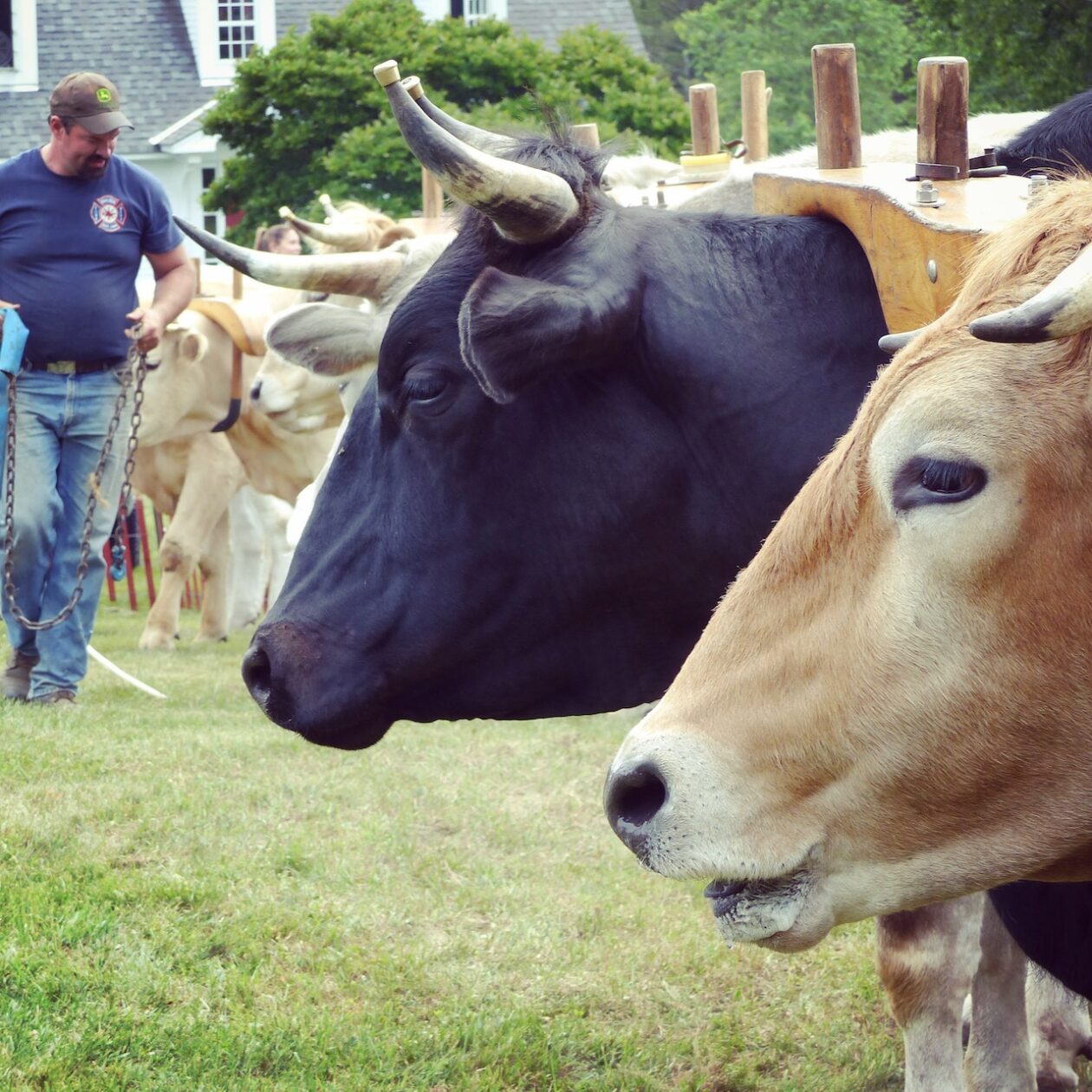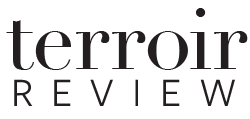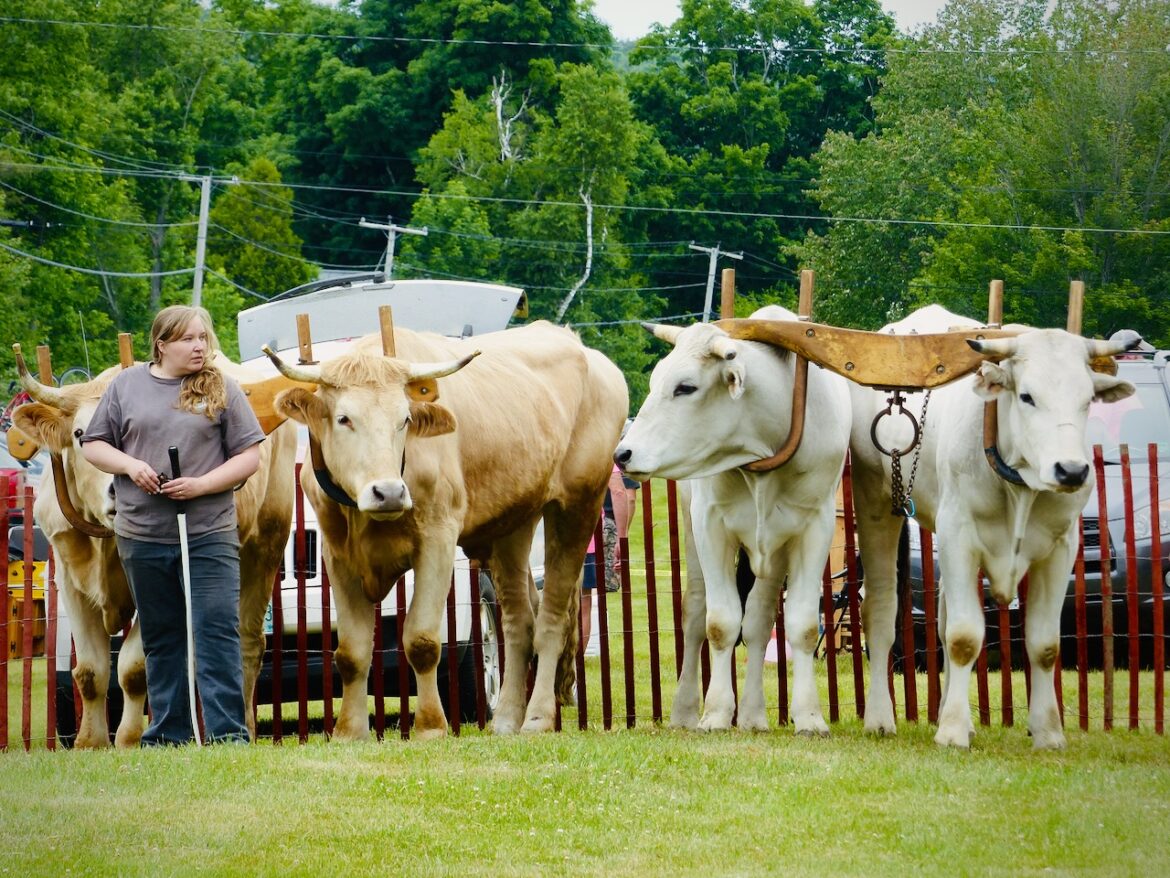Gabe Schneider, lead editor for The Objective, spoke with Stephen Satterfield, founder of Whetstone Media, about his efforts to transform the substance and voice of food writing.
“The way that food media was being presented to us, in prior years, was through a lens that was incredibly myopic, unimaginative, and formulaic. And the formula basically went like: recipes, restaurants, and restaurants limited to those European-trained, white-owned, almost entirely male chefs… I just got sick of how underutilized food was being presented to us as a medium for dialogue or investigation.”
Read: Q&A: Stephen Satterfield
Meanwhile in Whetstone’s Journal, Emily Monaco interrogates French culinary codes and the customary arc of the meal — aperitif, starter, main, cheese, dessert, digestif — and finds a system in motion, ripe for modernization but also continually subject to reinvention.
“The ‘grammar’ of the French meal is not so immovable and stalwart. To wit: Not only did this structure get its start a mere two centuries ago as service à la russe, or Russian-style service, which supplanted the pre-existing service à la française, but France’s culinary codes are at the brink of yet another revolution.”
Read: French Cuisine’s Changing Grammar

Shepherd James Rebanks raises heritage Herdwick sheep in Matterdale, in England’s Lake District, where his family has been farming for 600 years. Rebanks has authored four nonfiction books about sustainable farming, among them two best-selling titles, A Shepherd’s Life and Pastoral Song: A Farmer’s Journey. In 2017, Rebanks spoke at the Oxford Symposium on Food and Cookery. The theme that year was “Food & Landscape,” and Rebank’s talk invites us to consider how farms create the landscape and vice versa, and what might be needed for farming to persist into the future.
“Without oil, without antibiotics, without pesticides and herbicides, and without many of the chemical things that we now use which are already ceasing to work, we may have to go back to doing things in the way that works: rotational farms, mixed farming, native breeds that can produce protein and red meat from their own landscape… I think we’re going to have to find modern ways to use the old farming systems.”
Watch: Oxford Symposium on Food and Cookery 2017 Plenary: James Rebanks, The Shepherd’s Life

Eighty-nine organic dairy farm in the Northeast are poised to lose their contract with Horizon Organic. Horizon, owned by French corporation Danone, is shifting it milk sourcing to larger factory farms farther west. The move presents an existential crisis for the small dairy farms while further diluting regionality and terroir connection for consumers.
“It used to be that you had your supply locally to your market,” Mr. Maltby said. “Now that paradigm has been turned on its head. The whole concept of regionality has disappeared.”
Read: Milk Companies Look West, Pressuring Northeast Dairy Farmers
In the ARENI Global podcast, wine industry veteran Felicity Carter and ARENI executive director Pauline Vicard probe the origins of the terms “authenticity” and “typicity” as they pertain to wine. These words are used freely by contemporary wine commentators, often to valorize a traditional past and canonize its precepts. But, argue Carter and Vicard, both are actually Modernist notions, invented in the 20th century to make sense of an evolving industry.
“Those two words have had a great influence in the French wine world over the last hundred years, but each time with a different context, a different interpretation, and of course different goals and different results. And one of the things that fascinates… is how we can explore the tension between collectivity and individuality within those two. ”
Read or Listen: What Does Authenticity and Typicity Mean for Fine Wine? In Conversation with Felicity Carter and Pauline Vicard





So many dairy farms struggling to survive. It breaks my heart.
Mine too. So many right around here in New Hampshire and Vermont.
One right here in Enfield. We don’t drink enough milk!
Milk consumption is declining, but there is still a huge hunger for cheese and other value added dairy products. Farmers can make more margin from yogurt, cheese, etc., but the pivot is a heavy lift.
One more – I was into music before I was into wine, and the discussion of authenticity and music really hit home. Not sure why it hasn’t occurred to me before, but it was good to read it.
Interesting, David. You and Felicity should connect.